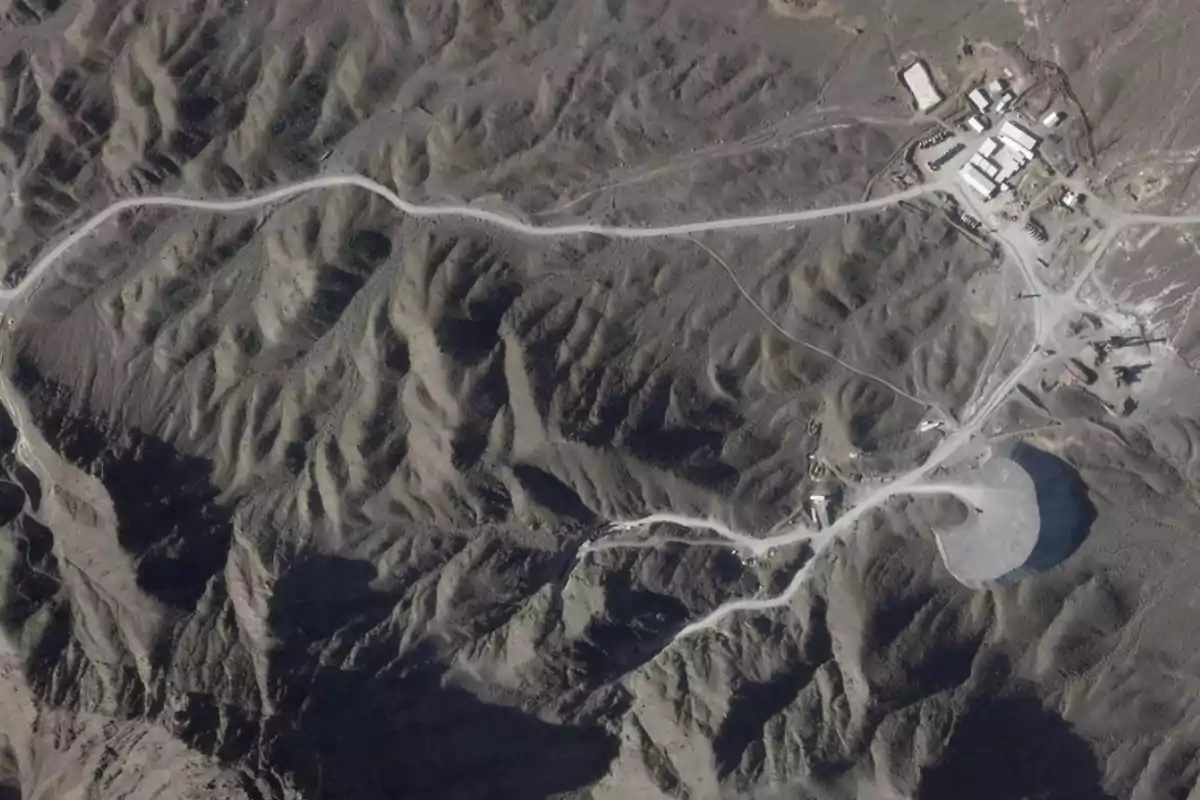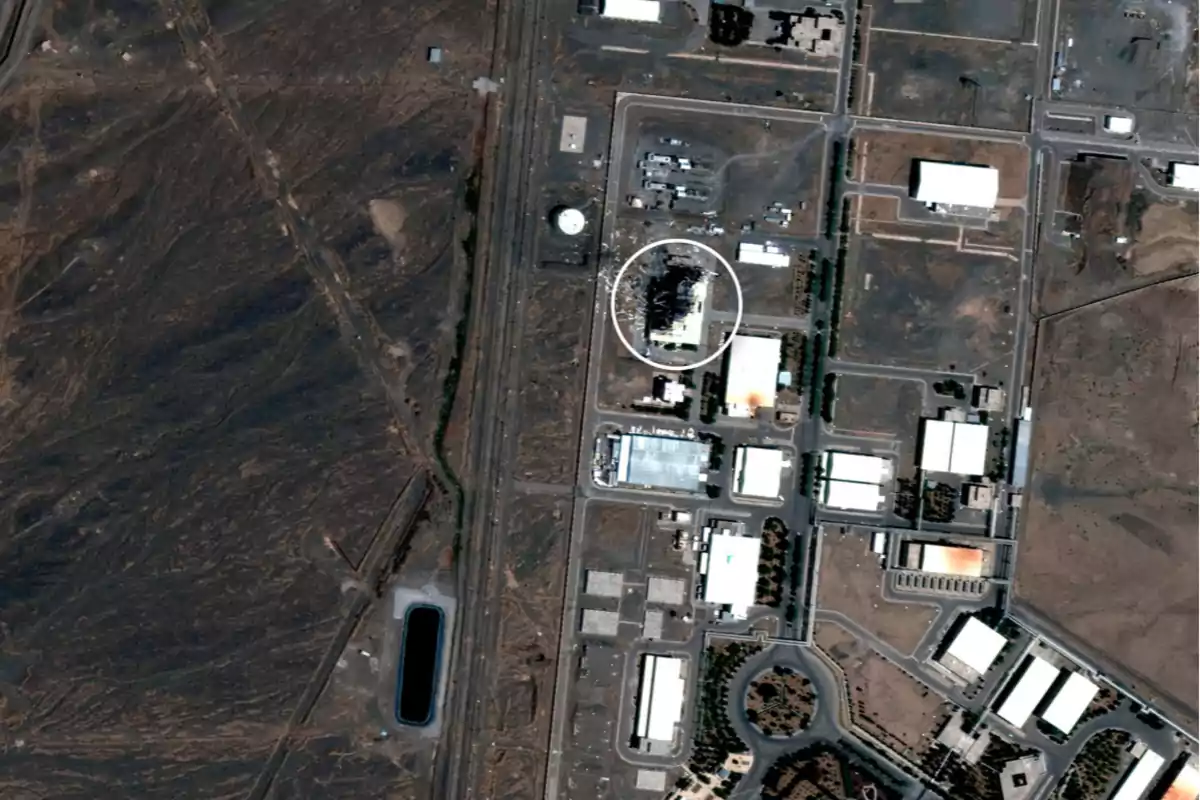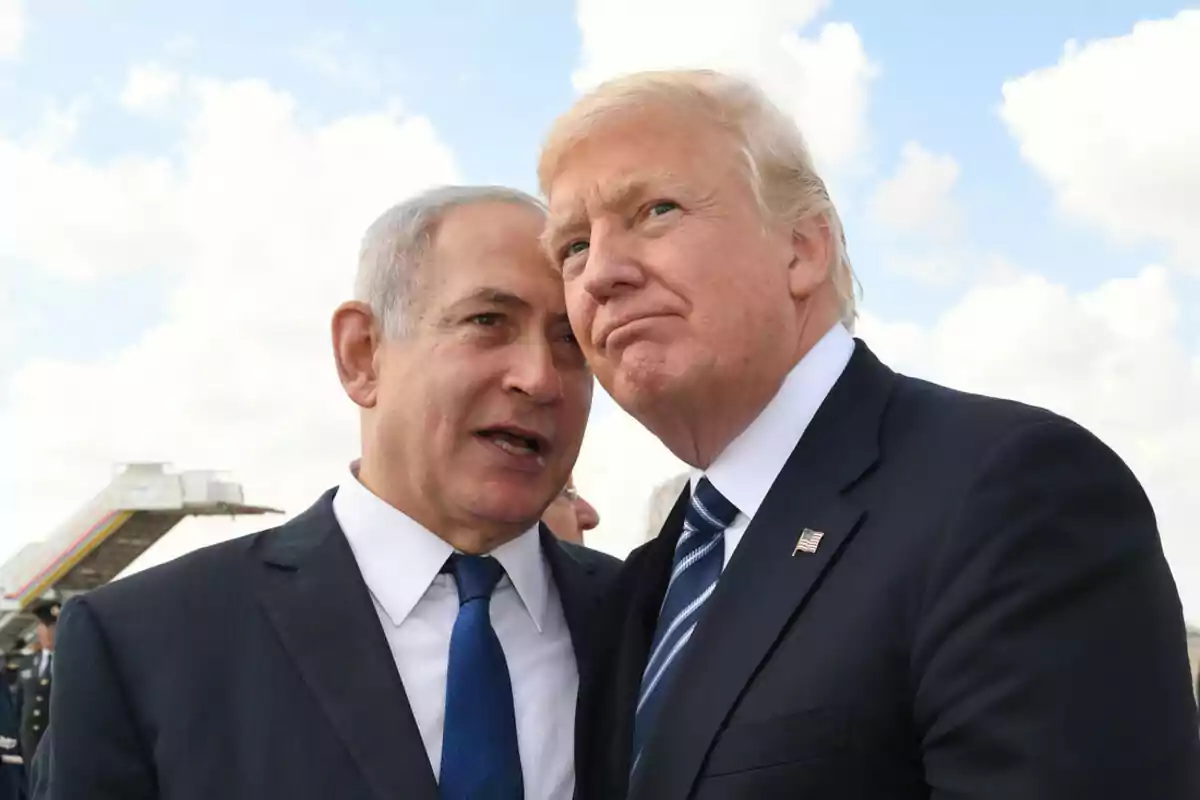
Kaplan, IDF spokesperson: 'Iran was one step away from producing 15 nuclear bombs.'
'We can't allow Iran to have the world's most dangerous weapon,' asserted the IDF spokesperson
In an exclusive interview with La Derecha Diario, Israel Defense Forces spokesperson Roni Kaplan provided details about the launch of Operation Rising Lion, an unprecedented military offensive against strategic targets in Iran. The action was carried out in response to the Iranian regime's progress toward acquiring nuclear weapons, which represents a direct threat not only to Israel but to the entire Western community.
Kaplan explained that, up to the moment of the attack, Iran possessed enough material to manufacture up to fifteen atomic bombs within days. During the conversation, he also addressed the possible reaction of the Iranian regime, the position of the United States, the weakening of Hezbollah, and the message Israel seeks to send to Tehran amid an increasingly tense regional context.
Entrevista a Roni Kaplan, vocero de las FDI: "Irán estaba a días de tener 15 bombas nucleares"
The full interview with Roni Kaplan
Ares: Well, Roni, I wanted to start by asking you how close Iran was to acquiring nuclear capabilities for an attack of this scale to take place.
Kaplan: Well, yesterday the Board of Governors of the International Atomic Energy Agency said, declared for the first time in twenty years, that the Iranian regime is flagrantly violating the nuclear agreements it had reached with the West at the time, right?
We have exposed, for the first time, that the Iranian regime has been advancing a secret program to assemble a nuclear weapon, and the regime had, at least until yesterday —until today, actually, in the early morning, before our attack— enough fission material to manufacture fifteen nuclear bombs within days.

So, at the moment we struck those positions today, with the opening of the operation, Iran was basically just one step away from obtaining fifteen atomic bombs.
Ares: With this attack, with this operation you're mentioning, can we forget for several years about Iran's nuclear capability, or could it still remain a risk not only for Israel but also for the entire West?
Kaplan: I think it's very early to say something like that. We still have to maintain, let's say, objectivity and humility, above all, regarding the results. But I can tell you that today was very positive in terms of the opening of this operation.
We carried out an offensive with two hundred fighter jets, two thousand kilometers (1,243 miles) from Israel, where we struck, at the same time and simultaneously, in several locations, dozens of military targets, including infrastructure and leaders of the nuclear program, ballistic missile factories, senior commanders of the Joint Chiefs of Staff and Iranian air defense systems.
Ares: I wanted to ask you, although I don't know if you can say: was there coordination and validation from the United States in the attack or did Israel act on its own?
Kaplan: We began the operation and we're carrying it out under our responsibility. Ultimately, the security of the Israeli civilian population rests on the shoulders of the Israel Defense Forces. There is an alliance with the Americans that is based on common interests, but above all on common values. I can tell you that at this moment the operation is being carried out by us.

We, from the Israel Defense Forces, received a political directive yesterday thanks to which we launched this offensive operation, which is preventive, precise, and based on extremely high-quality intelligence from Israeli intelligence services.
Ares: Do you expect any kind of retaliation from Iran in the coming hours, not only in its territory, but also at any of the embassies? Since they are reinforcing their security and have closed. Do you also expect any kind of retaliation outside Israel?
Kaplan: I believe the probability is very high, not necessarily outside Israel. At least here, within Israel, we have two paths at this moment in which we're acting. On one hand, strengthening defense. Just minutes ago, some sirens sounded in the central area and in the Jerusalem area.
Meanwhile, we're also very strong on the offensive. We're just in the first phase of this operation, an operation that is methodical, gradual, and we're going to continue according to our plans.
Ares: What do you think about Hezbollah announcing that it would not take any part in the retaliation? Was it severely weakened after the successive attacks it suffered in recent months?
Kaplan: Yes, to give a bit of context to the audience: actually, the attack carried out by Hamas on October 7, the massacre of October 7, 2023, could not have been carried out except through the financing, training, transfer of technology and knowledge from Iran to Hamas, and to other terrorist groups in the Gaza Strip as well. An Iran that is leading this coalition of Iranian agents against Israel.

Meanwhile, in that context, on October 8, 2023, one day after the massacre, Hezbollah began attacking Israel with more than 17,500 rockets until the end of 2024. That forced us to evacuate 60,000 people in the north of the country and to launch an operation, Operation Northern Arrows, in which we ended up severely weakening Hezbollah's leadership, Hezbollah's armament capacity and, ultimately, its capabilities within Lebanon. Today we're doing everything to prevent Hezbollah from reestablishing itself there.
But there is no doubt that Hezbollah went from being the most important non-state army in the world to, in this case I could even say, just another militia in the Middle East, after that operation we carried out against Hezbollah at the end of 2024.
Ares: To conclude, what message would you give to the Ayatollah of Iran at this moment?
Kaplan: Well, I, as spokesperson for the Israel Defense Forces, it's less, let's say, my place, but basically that we, the people here in Israel, are willing to fight to the end for our existence. We are an ancient people, just like the Iranian people —or perhaps even more so—, two ancient peoples here in this region, and the reality is that we have absolutely nothing against the Iranian people. In fact: we dream, one day, of having tranquility, of having security, and even of having peace with the Iranian people. But our problem is with the Iranian regime.
We can't allow the most dangerous regime in the world to obtain the most dangerous weapon on the planet. If Israel were to stop attacking the Iranian atomic program, it would endanger its existence.
If Iran, at this moment, were to end its atomic program, end its ballistic missiles —its ballistic missile program, which is another existential problem— that dream of tranquility for all the peoples of the region could quickly come true.
More posts: